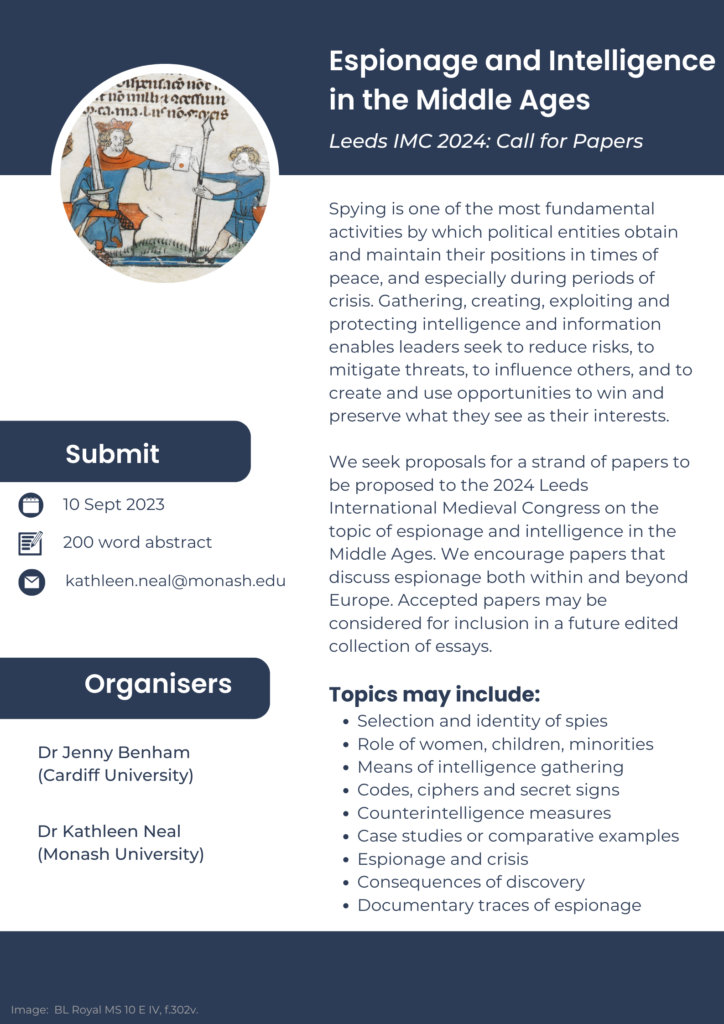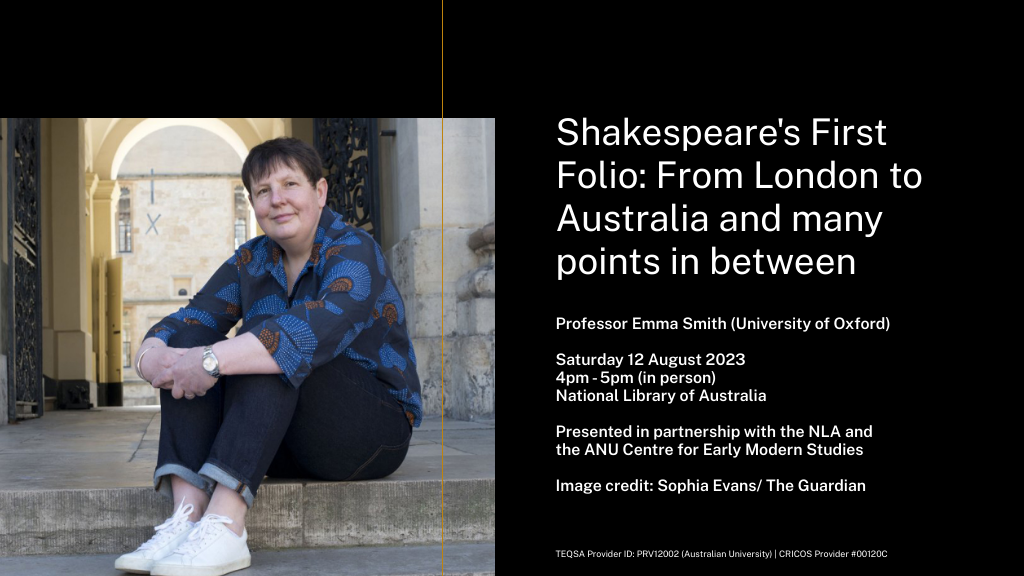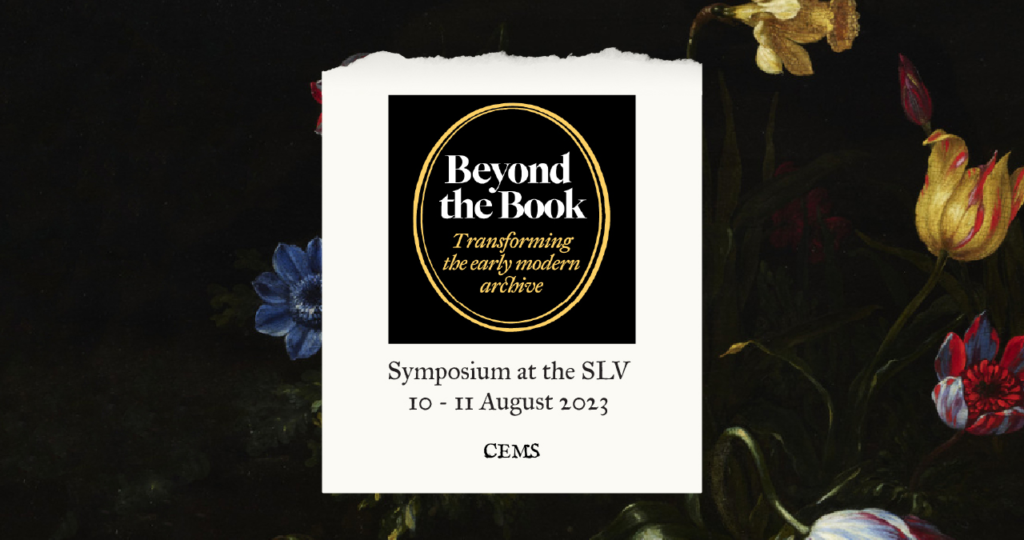Perth Medieval and Renaissance Group 2023 Annual Conference
FATE AND FORTUNE
UWA, Saturday 21 October 2023
Renaissance thinkers were interested in moral philosophy, and they found inspiration in both ancient and medieval sources. How should one conduct themselves to be happy and useful within society? What will the future bring for us in a time of deep transformation?
An image of a new world to be discovered; changed perspectives in astronomy and medicine; Renaissance humanity wondered whether they were able to influence their path in life, whether their decisions were dependent on a free will—as Pico della Mirandola stated in his Oration on the Dignity of Man—or were but the choice of an omnipotent God, as Catholics, and even more strongly Protestants, each emphasised. The role of Providence would become prevalent across European culture, from visual art to Shakespeare’s plays, gradually replacing the capricious Wheel of Fate which was equally central to medieval thought.
This conference will broadly discuss themes concerning human destiny and the possibility of executing our own will, placed within the attempt to acquiesce to, to acquire, or to enforce a vision of peace and harmony within the constant social and political metamorphosis of the Renaissance, and of the world today.
Perth Medieval and Renaissance Group Incorporated welcomes abstracts which address the theme of ‘Fate and Fortune’ in the medieval and Renaissance periods including:
● Representations of Providence, of destiny, or of doom in literature and literary works.
● Paintings and sculpture relating to fate, divine or otherwise.
● Philosophical works or analyses of Fate and Fortune, or those relating to ethics and utopias.
● Astrology, which enjoyed a blooming during the Renaissance much as it has today, with people turning to psychics, magic, and the stars to search for answers to important questions.
● Political writings depicting the perfect ruler, a utopian vision, or condemning contemporary tyranny.
● Social ideals that valorised the reception of an ancient wisdom, from the Stoics, Plato, Aristotle, or others.
● Educational ideas inspired by Renaissance or classical philosophy, such as liberal and postcritical education.
We welcome abstracts for twenty-minute papers. This is an interdisciplinary conference, and we encourage abstracts from beyond the humanities. We particularly welcome submissions from undergraduate, honours, and postgraduate students, even if beyond the scope of the conference theme.
The conference will take place in hybrid form. Please specify in your submission whether you would attend in-person or online.
Please send abstracts of 150–200 words with your affiliation and a short (up to 50 words) biography to the conference subcommittee at pmrg.committee@gmail.com by 21 August 2023.
For further details, please see https://www.pmrg.org.au/conference2023.











